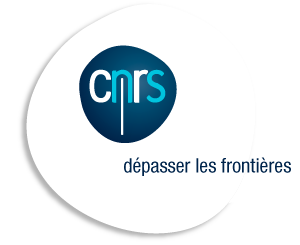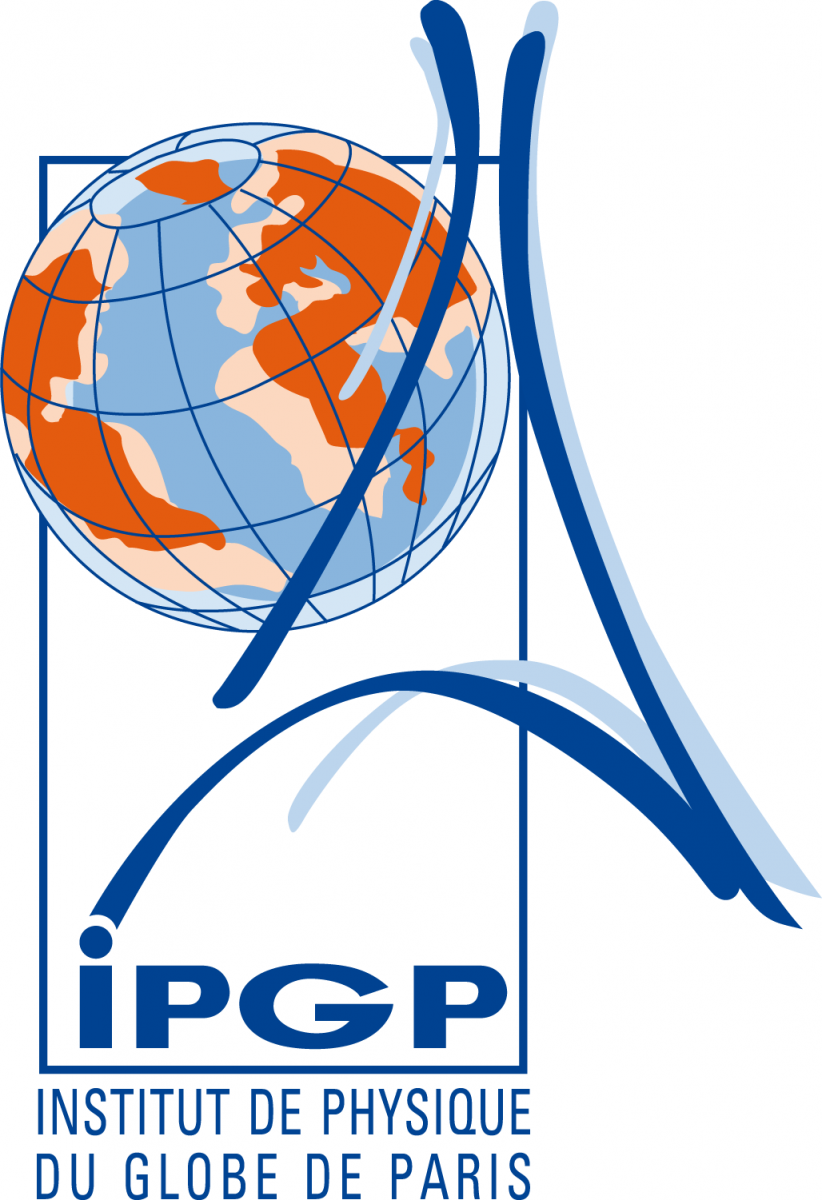Reprinted from InterRidge News 10.2 (Nov. 2001)
The InterRidge Biology Working Group met in Brest, France on October 7, during the the InterRidge Hydrothermal Vent Biology Symposium. Members discussed possible topics for future work of the newly reconstituted working group and identified the following items for near-term action:
1) Code of Conduct/Best Practices Statement
As a follow-up to the InterRidge Workshop on the Management and Conservation of Hydrothermal Vent Ecosystems, members agreed to develop a brief Code of Conduct or Statement of Best Practices for future research activities at deep-sea hydrothermal vents. The document will be limited to proposing practices for research activities only. However, members agreed that development of such a code and adherence to it would aid in establishing the InterRidge as an authority for the provision of advice on management and conservation of vent ecosystems to regulatory agencies and to industries, such as eco-tourism, bioprospecting and deep-sea mining. A draft code/statement will be circulated amongst WG members over the next few months, with the goal of producing a final document by 1st March, 2002.
An open discussion on conservation issues was held during the Hydrothermal Vent Biology Symposium in Brest, on the evening of October 10. More than 80 symposium participants attended the discussion that began with a brief presentation of legal and jurisdictional aspects of deep-sea conservation by Lyle Glowka. Mr. Glowka is an environmental lawyer specialising in applications of the Biodiversity Convention and the Law of the Sea Convention to conservation issues.
2) Data Base/Inventory
Members agreed to examine once again the possibility of establishing a data base and inventory of biological collections from hydrothermal vent ecosystems. This idea dates back to the formation of the original Biology WG. Voluntary participation has been disappointing despite the potential value of the data base for fostering collaborations and sharing of samples, potentially reducing sampling impact on heavy-use areas and providing opportunities for research to scientists without access to deep submergence facilities.
Members agreed to explore the possibility of obtaining funding from a private foundation, to develop the data base, placing emphasis on the contribution of the effort to knowledge of marine biodiversity. Funding would be used to hire a post-doc to visit laboratories holding significant collections of vent organisms and develop a data base.
3) Remote Observation Applications for Biology - Workshop
Members pointed out the need for vent biologists to catch up with other disciplines in developing techniques and approaches that would allow them to take advantage of cabled and autonomous seafloor observatories that are presently at various stages of development and planning. A location and date for an InterRidge workshop on "Remote Seafloor Observation Tools and Applications for Hydrothermal Vent Biology" will be explored by the WG over the coming weeks, with the goal of holding a workshop with the next year.




